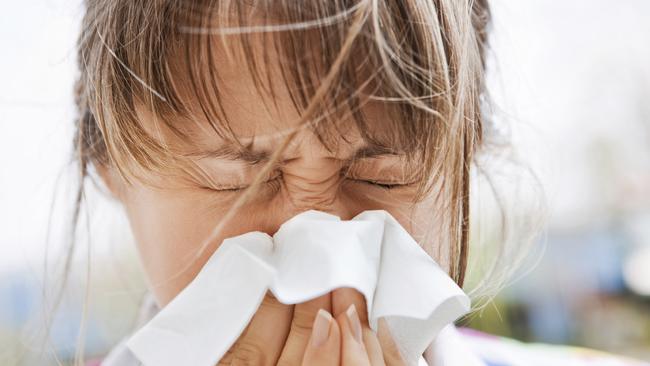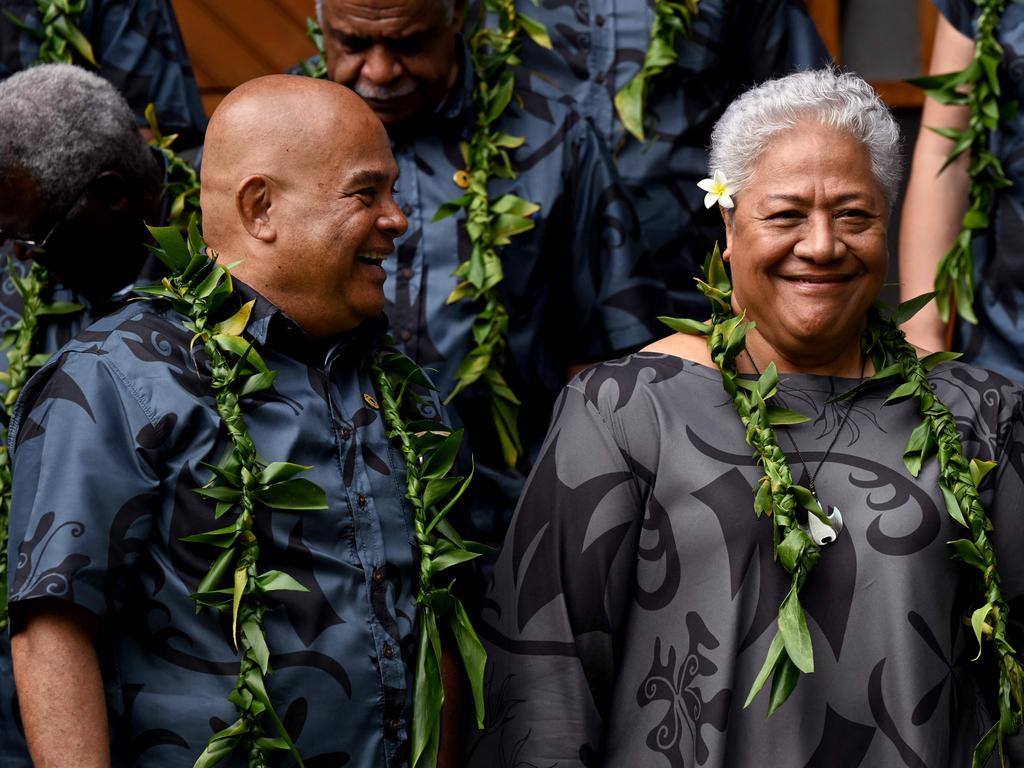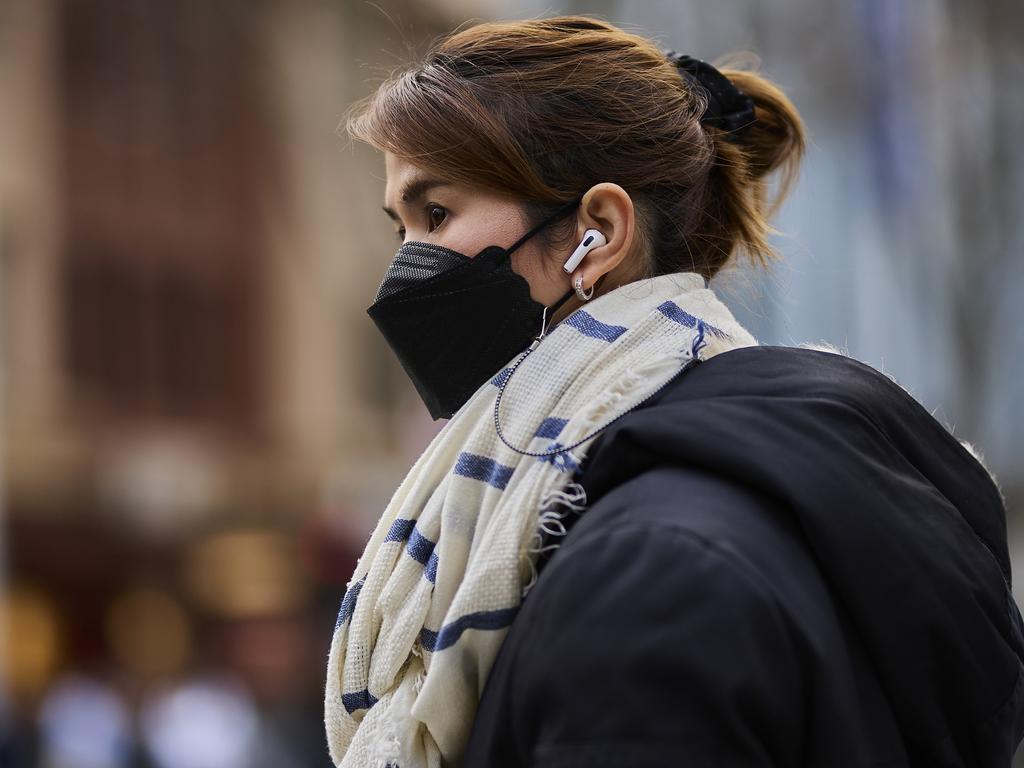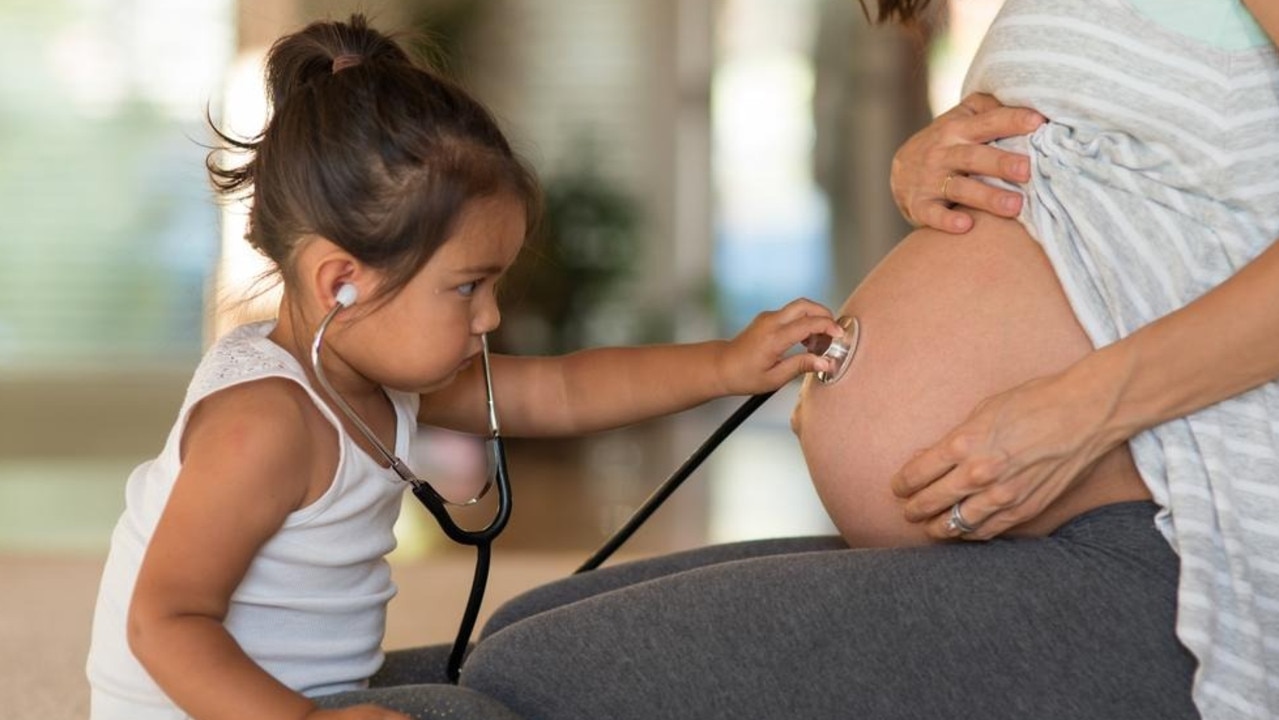Covid: ‘All who can work at home should’, say unions
Unions have stepped up demands on employers to better protect workers by ensuring all employees who can work from home do so.

Unions have stepped up demands on employers to better protect workers by ensuring all employees who can work from home do so, going further than advice released by the country’s leading doctors.
The union push comes as Anthony Albanese revealed modelling provided to national cabinet, which is set to be released this week, showed the winter Omicron wave would peak in August but “by the end of September, it‘s very hopeful that that will have passed”.
The Prime Minister said there were four measures Australians could take to slow the spread of Covid cases: get their booster shots, get access to antivirals if eligible, wear a mask if appropriate and stay at home while sick.
Mr Albanese said the winter outbreak was expected to go “pretty close” to the January wave – when hospitalisations peaked at about 5300 – but Australians were “done” with lockdowns and border closures.
Asked on 3AW radio if he was urging people to work from home if they could, the Prime Minister said: “I urge people to certainly stay home if they’re sick.”
“For many people, of course, it’s simply not possible to work from home due to the nature of their work ... I don’t think there’s a prescriptive position that can be put forward. But for many people, it’s convenient.”
Following a meeting of union leaders on Wednesday, the ACTU was much more explicit, saying the current level of Covid infection “means employers are obliged to ensure all workers who can work from home do so”.
While ACTU president Michele O’Neil said unions understood and supported advice released by chief medical officer Paul Kelly, the statement is stronger than the request by Professor Kelly for employers to “consider the feasibility of some employees working from home”.

The ACTU executive also passed a resolution that called on employers to provide free rapid antigen tests for workers, improve ventilation and use masks in the workplace as appropriate.
The unions said employees should be reimbursed for any lost wages if they had to access the federal government’s pandemic leave disaster payment, worth up to $750 a week.
“The biggest Covid wave of the pandemic so far is about to hit and it’s imperative that employers adhere to their legal obligations to protect their workers’ health and safety by ensuring all workers who can work from home do so, and those who cannot have masks and social distancing arrangements in place,” Ms O’Neil said.
“Australia’s entire healthcare system will be compromised unless Covid cases are controlled by all employers stepping up and supporting the health and safety of their workers.”
Australian Medical Association president Omar Khorshid said based on rising case numbers, it was likely the AMA would start calling for mask mandates in indoor settings. He predicted governments might be forced into adopting mandates, which they have recently shunned.
Mr Albanese pointed out that mask mandates had to be enforced and they were already being ignored by some people on NSW public transport, while Victorian Premier Daniel Andrews said there would not be mask mandates “anywhere around the country”.
“There’s no mandate … it’s just strongly recommended,” he said.







To join the conversation, please log in. Don't have an account? Register
Join the conversation, you are commenting as Logout